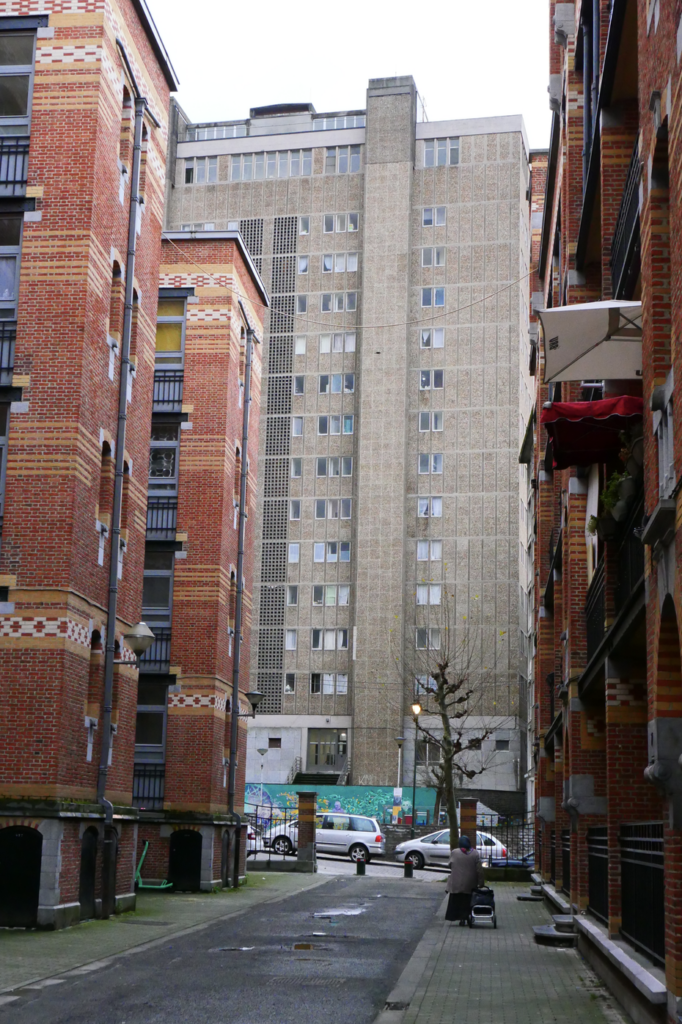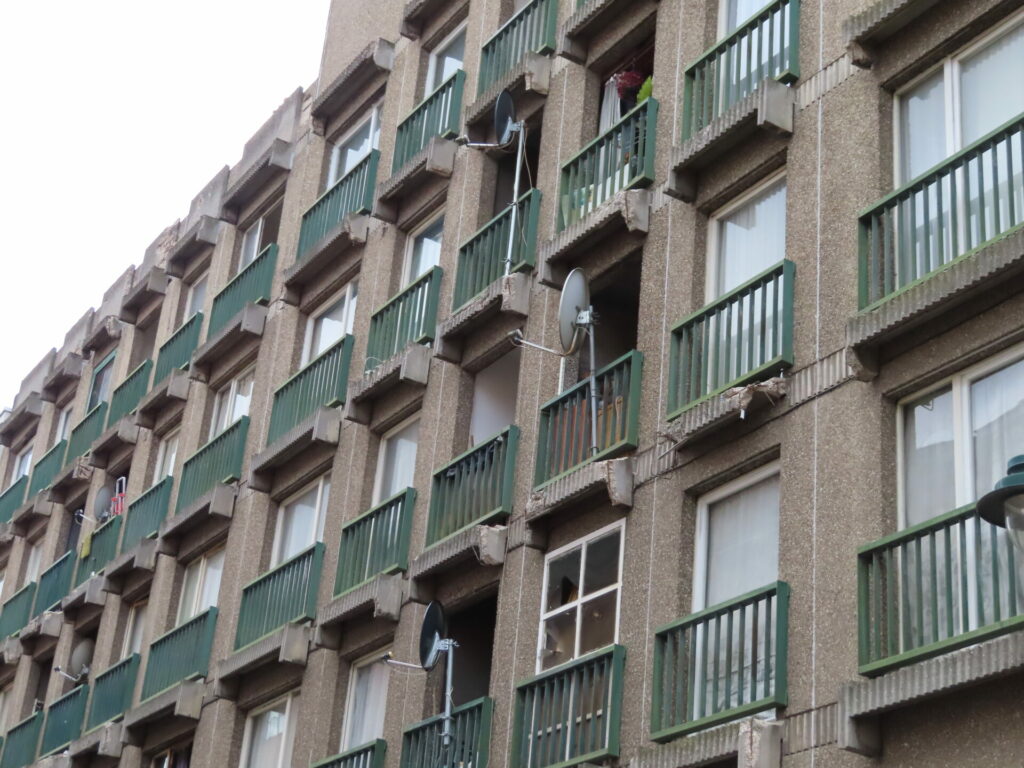A report published on 16 May by Perspective.brussels has highlighted some of the key challenges that face Brussels residents, notably long-lasting impacts of the health crisis on demographics, wealth, health, and development.
The Covid-19 pandemic had a profound effect on the lives of Brussels residents. Upon the outbreak in Belgium in 2020, excess mortality from the virus reached 20%, especially among the elderly and vulnerable. Furthermore, economic growth slumped by a record 5.2% at the start of the pandemic.
While these trends have largely been reversed, the government report demonstrates that the scars of the pandemic are much deeper and will require concerted efforts to address. Socialist Minister-President Rudi Vervoort has proposed a series of measures to tackle inequalities in the housing market.
Housing under pressure
Even before the pandemic, the lack of affordable housing in Brussels was a serious problem; in 2019, the City announced a “major housing shortage” and set out plans for 18 new housing projects and 250 social housing units.
The situation was made significantly worse by the pandemic. In 2020, the median residential housing price increased by 7.3%. At the same time, the construction of new housing fell to record lows.
The report puts the rampant increase in prices down to two main factors: the insufficient creation of housing over a long period and the failure to adapt housing to present requirements. As a result, half of Brussels residents at risk of poverty now live in housing considered “too cramped in relation to the size of their household.”

Much of the city's existing social housing is in desperate need of modernisation. Credit: Orlando Whitehead
Renting in the capital has never been so expensive. The average rent for a house in the Brussels and Flemish rental market last year rose to an all time high of €846, according to the Dewaele Real Estate Group. Prices for the cheapest accommodation rose by up to 8% in 2020.
The report notes that local authorities have “underestimated” the coming surge in Brussels' population. Alongside rising construction costs, larger families and the need for better quality of housing, the city faces a serious challenge.
The city’s Regional Housing Plan and Alliance Program, it notes, are “progressing at a steady pace” but are not meeting all housing needs.
Price caps
In an interview with Belgian newspaper La Libre Belgique, director of Perspective.brussels Antoine de Borman said that the data gathered would be used by the local administration to take targeted measures to address the problems.
De Borman states that 11% of housing projects set out in the Regional Housing Plan are on hold, up from 6.7% before the pandemic. Brussels Minister-President Rudi Vervoort told La Libre Belgique that for many Brussels residents, housing was simply not accessible.
Related News
- Belgium to issue state bonds for the first time in three years
- Brussels inequality exacerbated by Covid pandemic
- Wallonia orders halt to €1.4 million social housing repairs affected by floods
In light of the report, Vervoort has now stated that his Socialist Party wants to protect residents with rent caps and measures to reduce pressure on the rental market.
“We are asking for it, but we have partners who are opposed… Price caps are a step in the right direction, if we have an absolute majority they will be implemented straight away,” Vervoort added.
Declining standard of living
Rapidly spiralling inflation driven by high energy prices is putting a strain on some of the poorest households in the Brussels region. With the removal of some of the financial support provided during the pandemic, many Brussels residents have now found that their purchasing power is significantly reduced.
All these factors, the report suggests, have led to a “weakened standard of living for households.”
Saving accounts in Belgium have also fallen victim to high inflation. As a result, some accounts experience “extremely negative” real interest rates. The average nominal rate on savings accounts with Belgian banks is just 0.09%.
According to the report, at the end of 2021 around 34% of self-employed individuals in Brussels lost at least 10% of their income.
The report highlights other factors, such as a lack of green spaces, reduced access to public services, and reduced mobility, as drivers of inequality. The Brussels Parliament is expected to draw on the report for future improvements in the city planning and economic proposals.

